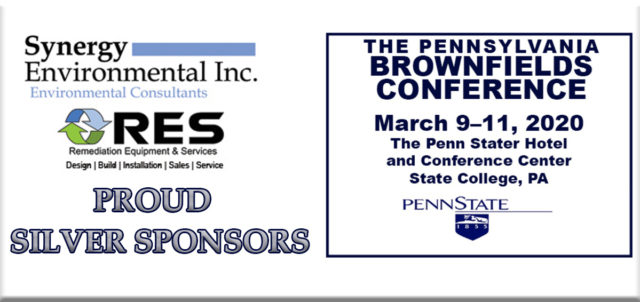Sidley Austin LLP
Justin A. Savage, Timothy K. Webster and Samina M. Bharmal
March 13, 2020
This article was originally posted here
Environmental settlements — including everything from judicial consent decrees with the U.S. Environmental Protection Agency (EPA) to administrative consent orders with state environmental agencies — typically contain force majeure clauses, especially where the settlements require performance of work with timing requirements, not just payment of penalties or reimbursement of government costs. Thousands of such settlements are in effect around the United States in all areas and media — site remediation, air, water, waste and natural resources. Given the substantial business disruption being caused by COVID-19 worldwide, companies that are parties to environmental settlements should review those settlements now to understand the circumstances under which force majeure claims may be raised.
Force majeure in environmental settlements. Environmental force majeure provisions typically track commercial force majeure provisions, focusing on whether events beyond the control of a company may contribute or has contributed to a delay in performance. Environmental settlements can depart from the commercial world in that they often impose a litany of process hurdles for invoking force majeure.







